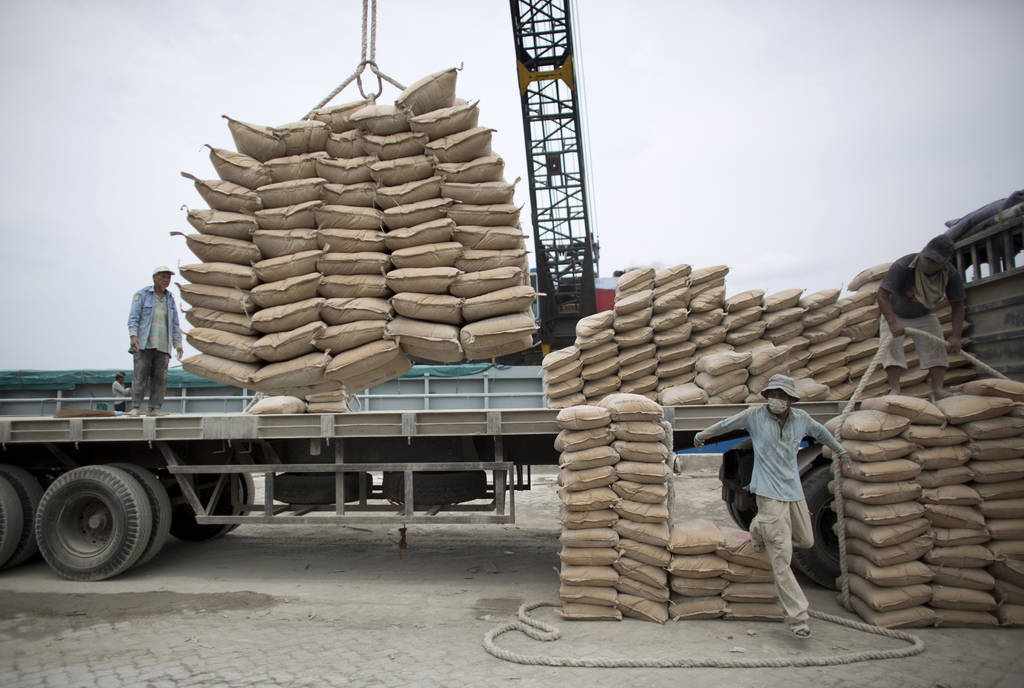Building a more responsive, just financial system
- Date: 21-Jun-2023
- Source: Kuwait Times
- Sector:Financial Markets
- Country:Kuwait
Building a more responsive, just financial system
By Claire Le Flécher Ambassador of France to Kuwait
The post-war international financial architecture is no longer sufficiently adapted to deal with the growing inequalities, climate change, biodiversity erosion and public health challenges prevalent in the 21st century. The international community’s responses are currently fragmented, partial and insufficient. Firstly, concessional resources provided by development institutions are not delivering their full potential in terms of impact, co-finance and alignment with needs.
Secondly, the expansion of finance conditions and rise in debt are slowing investment in developing countries and do not provide them with means to address the challenges they are facing. Yet, international solidarity has never been more critical amid a growing number of crises that are weakening the poorest and most vulnerable countries to an even greater extent. To help the most exposed countries exit the COVID crisis, deal with the consequences of Russian aggression in Ukraine on their food and energy security and cover the very high cost of climate transition and consequences of extreme climate events, it is necessary to scale up finance.
The global financial system inherited from Bretton Woods has reached its limits at a time when we are facing two major threats to the future of our planet.



















